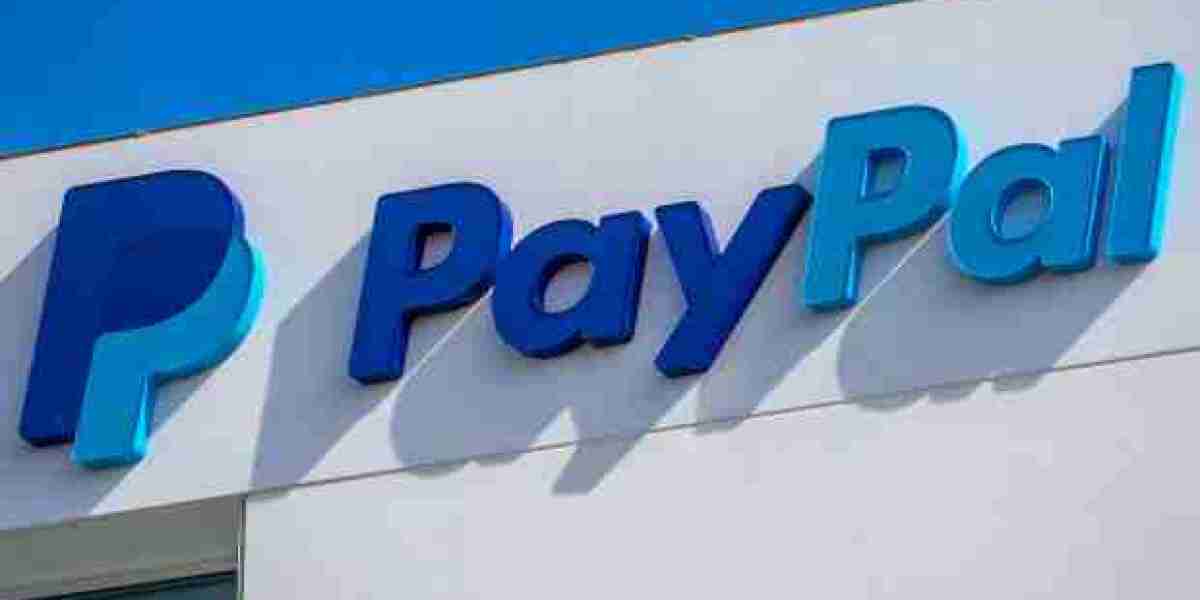Additionally, Astra, Brightwell, Cross River Bank and Fiserv plan to implement Visa+ APIs for their digital wallet and merchant clients by this fall, per the release.
“The benefits of bringing cross-platform interoperability to P2P and B2C payment flows are manifold,” Visa said in the release. “For consumers, it’s about saving time and providing choice. For P2P platforms, it’s about driving deeper engagement with your customers through greater reach and convenience. And for merchants and FinTech enablers, interoperability can help bring new avenues for growth by enabling gig, creator and marketplace payouts to new endpoints.”
P2P payment apps are growing in popularity because of their ease of use and versatility in various situations. Younger consumers — particularly millennials and Generation Zers — are especially fond of these payment methods.
Zelle payment volume among Bank of America customers jumped to $101 billion — up 25% year over year — according to the bank’s fourth-quarter earnings report last year. By contrast, traditional debit and credit options saw modest growth, increasing by 3%.
“One study found that 53% of consumers ages 18 to 25 reported using payment apps more often than before to manage increased costs from inflation, with 50% of consumers ages 26 to 41 saying the same,” PYMNYS wrote last month.
Visa introduced Visa+ in pilot mode last year. At the time, Vikram Modi, head of the program, told PYMNTS that choice was at the center of the Visa+ program design.
Bridging the gap between apps removes the need to be in a particular network to send money and ensures individuals get paid in real time and the way they want to.
“And that is true interoperability,” he said.
Some of the sports betting world’s biggest players have reportedly turned their sights on Brazil.
Companies such as DraftKings and MGM Resorts International are exploring entry into Latin America’s largest economy and its new, and regulated, online gambling market, Bloomberg News reported Wednesday (April 3).
The report noted that Brazil — with a population of around 200 million — has emerged as one of the world’s top 10 betting markets since it began relaxing its online gambling laws in 2018. The country could be set for further growth in that space, thanks to a 2023 law establishing the regulatory framework to allow fixed-odds sports betting and virtual online gaming services.
More than 130 companies have pre-registered interest in a Brazilian license, according to the country’s Finance Ministry, including MGM and DraftKings.
“We are excited to see Brazil pass online gaming legislation, and as one of over 100 companies who submitted non-binding expressions of interest, we are continuing to explore the potential of expanding into Brazil in the future,” Griffin Finan, senior vice president and deputy general counsel for DraftKings, said in an email statement to Bloomberg.
The report also noted that MGM confirmed its designs for Brazil in February during an earnings call, with CEO Bill Hornbuckle saying the casino was weighing a joint venture partnership in the South American country.
“Brazil is going to put Internet gaming in play for both casino and sports betting, and we plan to be there when that launches,” Hornbuckle said on the call.
The news comes one week after MGM, DraftKings and five other of America’s largest sportsbook companies launched the Responsible Online Gaming Association (ROGA), a trade group designed to reduce problem gambling.
“Many of America’s largest legal mobile gaming operators will be establishing a framework that helps to aid in responsible gaming education and awareness,” said ROGA Executive Director Jennifer Shatley. “Together, our members will work alongside researchers, experts, regulators and stakeholders to promote responsible online gaming and maximize our efforts to support additional responsible gaming education and awareness.”
Meanwhile, research by PYMNTS Intelligence has shown that uptick in online gambling has come with a common complaint among players: the slow payout of winnings.
“Online sportsbooks, in particular, have faced over 2,400 complaints regarding delayed payouts, the report revealed, with such delays not only frustrating players but also discouraging them from returning to the same platform,” PYMNTS wrote in January.



